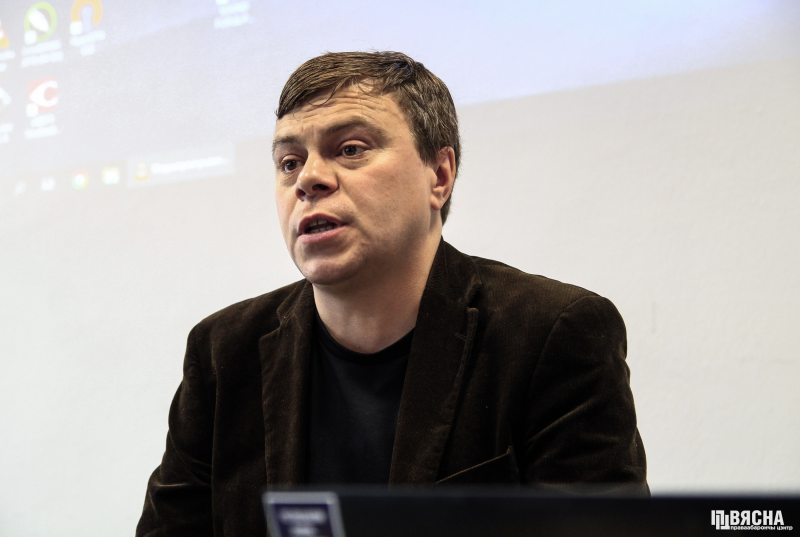

This year’s parliamentary elections have already been marred by multiple instances of arbitrary interpretation of electoral laws, Uladzimir Labkovich, coordinator of the campaign “Human Rights Defenders for Free Elections”, said in a comment on the case of candidate Uladzimir Zahryshau running in Babrujsk.
The candidate was among a few other people across Belarus who were penalized by the election commissions for failing to timely request a leave from their jobs for the period of the campaign.
Zahryshau filed his request on a Friday but only received permission on Monday. In the meanwhile, he was reprimanded for not being on vacation during the weekend, says the observer.
“This is an unfortunate incident. I very much doubt that those people who, for one reason or another, did not file timely requests for leave, bore a treacherous intention to somehow take advantage of this in election campaigning,” Labkovich said.
In his opinion, the absurd use of the law discredits not only the Electoral Code but the system of elections, in general.
In addition, the human rights activist stresses numerous facts of censorship used against candidates presenting their electoral platforms on television, radio and in newspapers.
“The cases that we observe and analyze surpass the limitations set by the Electoral Code. As a rule, candidates do not promote war or call for violent change of the constitutional order, or incite racial or social hatred,” Labkovich said.
Iryna Davidovich, a representative of the opposition United Civil Party running in the city of Iŭje, saw her TV address taken off the air for using the phrases “25 years of living in the daily circus” and “absence of hope for change” among others.
The TV speech of another UCP candidate, Uladzimir Niapomniashchykh, was blacklisted in Homieĺ. The candidate says the censorship was triggered by the word “impeachment” he used in his address.
“I can see why the candidate says he will push for the impeachment of the president, instead of promising to have bike paths paved or a new store built, because impeachment is within the competence of the House of Representatives, while construction is not,” Labkovich says.
The many facts of censorship (formally attributed to Article 47 of the Electoral Code) make this year’s parliamentary elections “worse than ever,” he adds.
“The peculiarity of these elections, as compared to the previous votes, is also that such a variety of mechanisms and procedures are used to put pressure on the candidates, since issuing warnings may result in their removal from the elections,” Labkovich said.
The interim reports furthermore state that there were cases of abusing administrative resources for the purposes of election campaigning by the pro-government candidates, as well as creating obstacles to independent and opposition candidates in their campaigning events.
Many appeals of candidates whose registration was refused have yet to be considered despite the period for this having already passed. As of October 25, as few as one complaint was satisfied out of 60 filed to the six territorial election commission to appeal refusals to register candidates. Similarly, only one candidate out of 14 was allowed to run following appeals against denied registration filed in courts.
Read the full interim reports on this here
Subscribe to our
newsletter
Sign up for our monthly newsletter
and receive the latest EPDE news
Subscribe to our
newsletter
Sign up for our monthly newsletter and receive the latest EPDE news